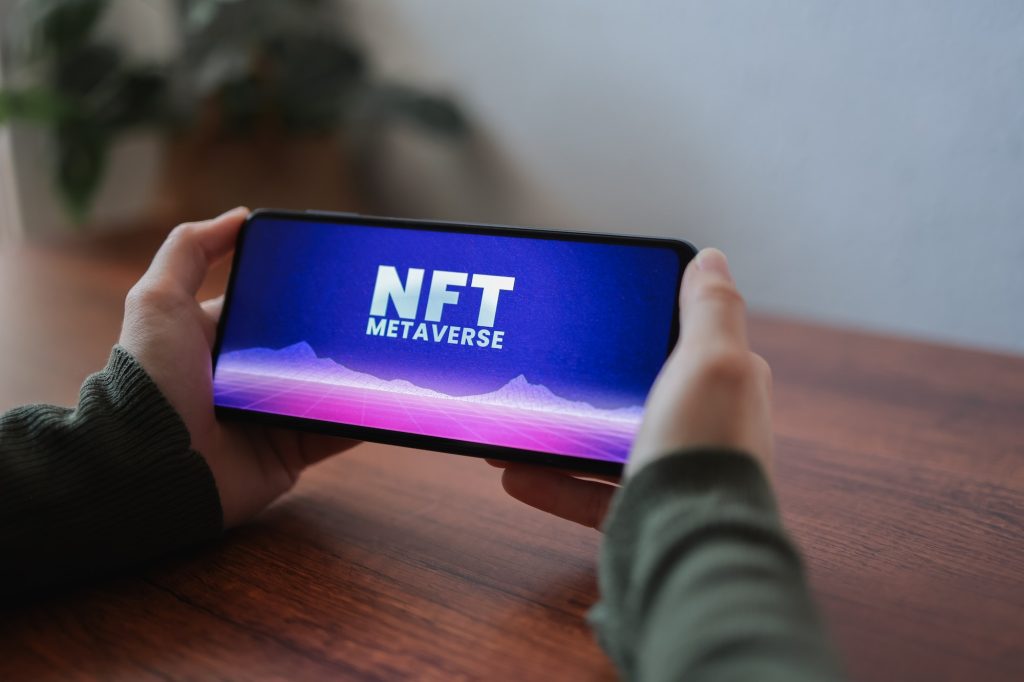Meta plans to lower the minimum age for its Quest headsets
Meta, plans to lower the minimum age requirement for its virtual reality headsets to 10 years old, offering parental controls and privacy features while assuring no ads will be served to this age group.

In a recent announcement, Meta, the parent company of Facebook, revealed its decision to decrease the minimum age requirement for its virtual reality (VR) headsets from 13 to 10 years old. This change will allow parents to create accounts for children as young as 10 on Meta’s Quest 2 and Quest 3 headsets, beginning later this year. However, parental consent will still be necessary for preteens to establish an account and access apps on the headsets.
Enhanced Parental Controls: Meta is set to introduce an upcoming safety feature and has committed to offering additional parental controls for Quest 2 devices. Accounts belonging to children between the ages of 10 and 12 will have enforced parental controls, requiring adult approval for usage, the ability to manage approved apps, and the option to set time limits. Additionally, accounts of users under 13 will default to private and hide their active status on apps unless parents decide otherwise. Meta will also enable the casting of VR headset content to TV or phone screens, allowing parents to monitor their children’s experiences.
Concerns: While lowering the age requirement may generate more interest in VR headsets, experts caution that Meta’s decision could raise new privacy and safety concerns among parents and regulators. These concerns include potential risks of cyberbullying, data collection, online harassment, and physical injuries associated with headset usage. There are also major concerns when it comes to targeted marketing. However, Meta has addressed them by pledging not to serve ads to this age group and providing parents with control over their child’s data usage, aiming to enhance the quality of Meta’s services.
